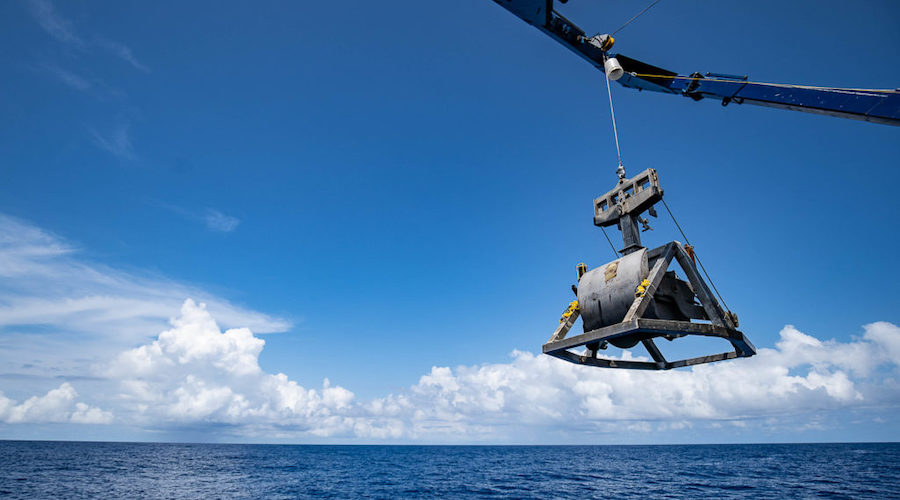
Mining international waters is in the spotlight as companies and countries are looking at minerals concentrated on the ocean floor that can be used in batteries for smart phones and electric vehicles.
DeepGreen is planning to produce metals from polymetallic rocks to power EVs and the company said the updated 43-101 mineral resource estimate shows that the abundance of nodules in its contract area increased 5.4% compared to its 2019 estimation.
The company said the updated 43-101 mineral resource estimate shows that the abundance of nodules in its contract area increased 5.4% compared to its 2019 estimation
DeepGreen reported uplift in grades of manganese (2.2% higher), cobalt (5.4% higher) and nickel (6.1% higher). EV manufacturers are moving towards increasingly nickel-rich chemistries which offer greater energy density than other battery types, while analysts warn that new land-based discoveries of battery-grade nickel may not keep up with the predicted demand.
“Unlike mineral exploration on land, resource confidence in polymetallic nodules is unusually high due to the two-dimensional nature of the resource. You can actually see the nodules lying on the seafloor,” DeepGreen’s chief development officer Anthony O’Sullivan said in the media release.
“We have done the sampling and research to understand the fundamental variance of the nodule resource and we’ve found that it is remarkably consistent. It’s unlike anything that you see on land.”
The polymetallic nodule fields in the CCZ of the Pacific represent the largest known, undeveloped nickel resource on the planet, the company said. A DeepGreen-commissioned white paper finds that nodules under exploration contracts in the CCZ contain more than enough battery metals to power one billion EVs and with a fraction of the social and environmental impacts when compared to land-based ores.
Environmentalists have called for a ban on deep-seabed mining that would extract resources including copper, cobalt, nickel, zinc, lithium, and rare earth elements from nodules on the ocean floor.
The International Seabed Authority (ISA), a U.N. body headquartered in Jamaica, has drawn up regulations on exploration, but has yet to establish the rules for exploitation needed for mining to go ahead.
The ISA has rejected criticism from Greenpeace over its handling of ocean mining, fuelling a spat that threatens to overshadow talks by the U.N. body towards rules for deep-sea mining.




